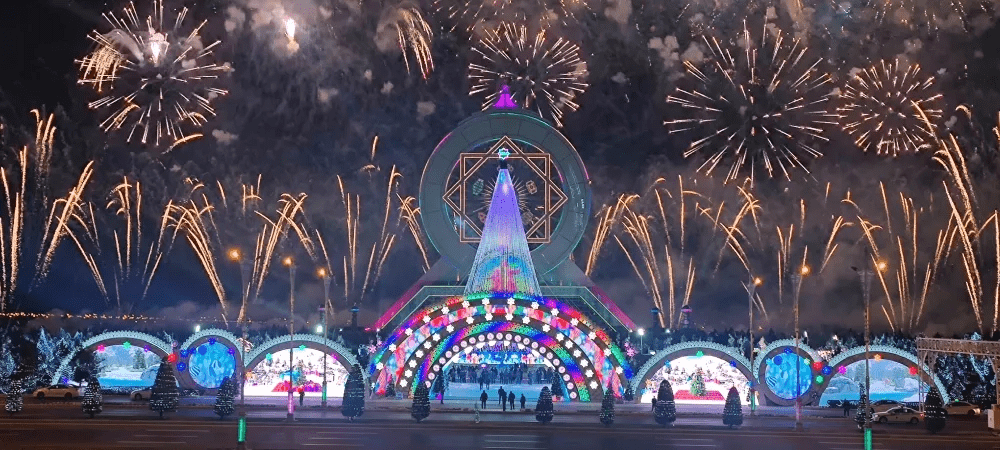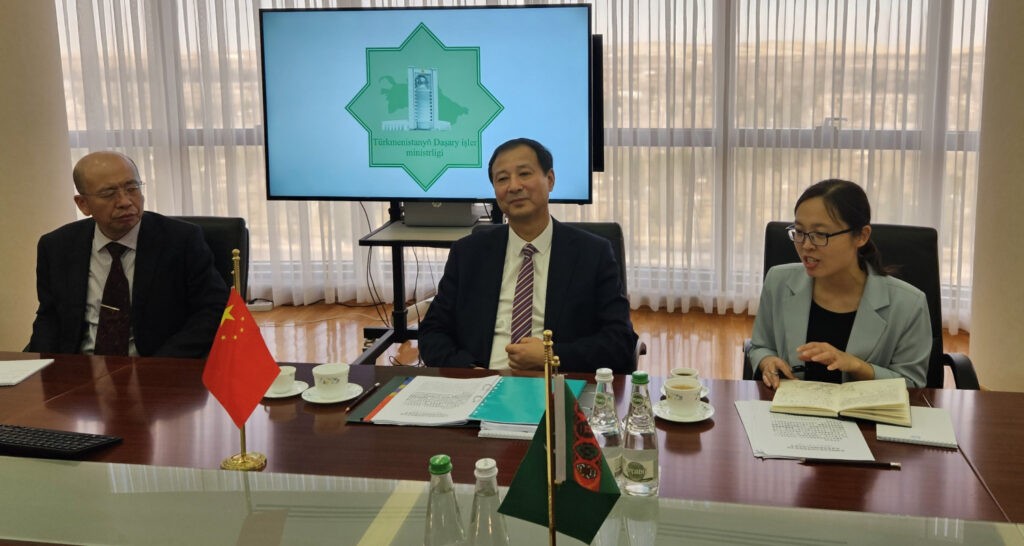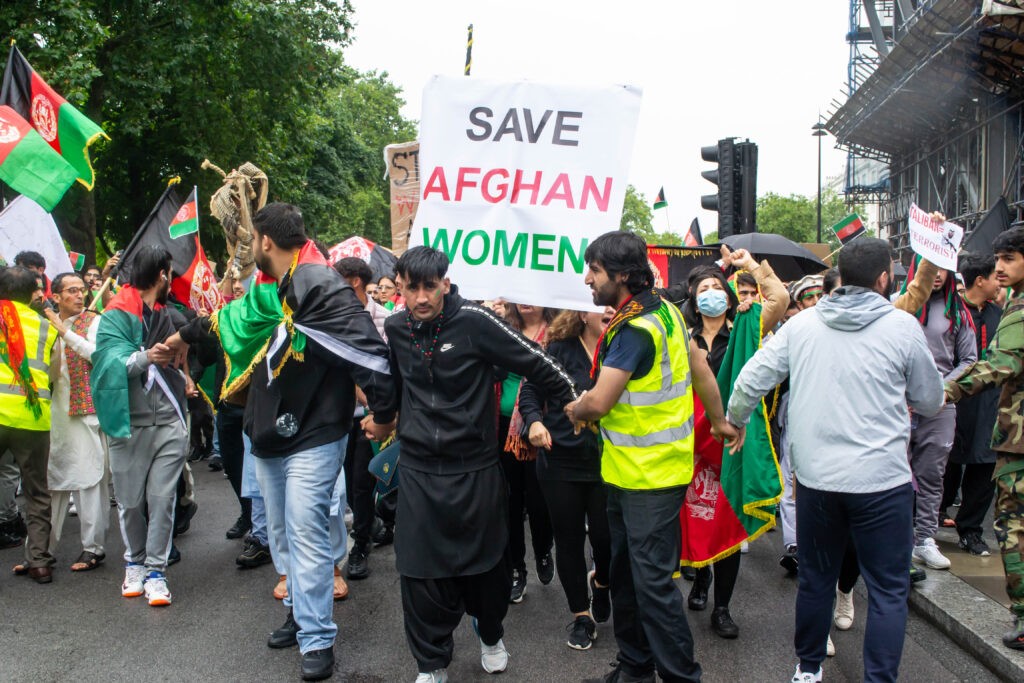Turkmenistan Ushers in the Year of Pyragy
Turkmenistan celebrated the New Year with large-scale celebrations held on the capital's Alem Square near the country's main Christmas tree, Turkmenportal reports. Music, songs and dances took place, with the best children's groups and popular local pop singers performing on stage. The traditional New Year's Eve teleconference took place between Ashgabat and the administrative centers of the regions and the new city of Arkadag, during which the president and all citizens of Turkmenistan were congratulated by honorary elders, mothers and hyakims from around the country. The event ended with a live address from President Serdar Berdimuhamedov to the people of Turkmenistan.[/vc_column_text][vc_single_image image="13470" img_size="full" el_class="scond-image" parallax_scroll="no" woodmart_inline="no"][vc_column_text woodmart_inline="no" text_larger="no"]Earlier, the Mejlis (parliament) of Turkmenistan had declared 2024 the year of “Magtymguly Pyragy’s Fount of Mind,” in tribute to the great thinker and poet, Pyragy, who is considered the father of Turkmen literature. Preparations are underway for a large-scale celebration in 2024 of the 300th anniversary of the birth of Pyragy, a 60-meter-tall statue of whom stands at the foot of the Kopetdag mountains in Ashgabat. The cultural heritage of Pyragy has been recognized at a global level, including by the permanent council of the International Organization of Turkic Culture (TURKSOY). A collection of Pyragy’s manuscripts has been included in the International Memory of the World List, and the day of celebration of the 300th anniversary of the birth of Pyragy has been added to the UNESCO List of memorable dates to be celebrated in 2024-2025.






